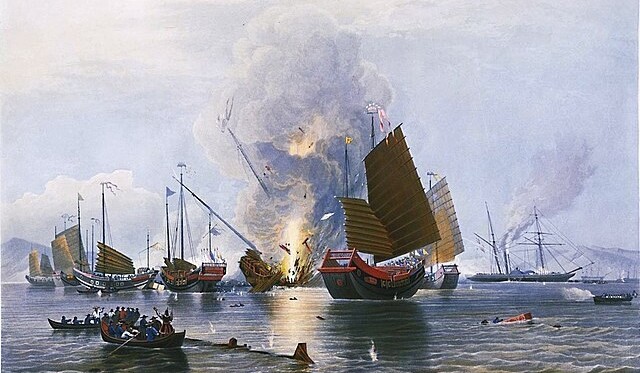Abstract: Temporary labor migration (TLM) constitutes a significant trend of migration movements within the European Union, especially after the 2004 and 2007 EU enlargements. However, compared to other forms of TLM, intra-EU TLM has received scant attention from normative theorists. By drawing on Iris Marion Young’s conception of structural injustice, this article analyzes the injustice of TLM within the EU. It argues that purely rights-based approaches are deficient and that a structural injustice approach is needed. The latter sheds light on the formal and informal processes that place EU temporary migrants in a condition of vulnerability and reveals the multiple individual and collective agents participating in such processes. Moreover, such an approach offers important insights into the agency of migrants by showing how they themselves reinforce structural processes that put not only (i) individual temporary migrants but also (ii) similarly positioned migrants and (iii) other members of the sending and receiving countries in a vulnerable position. A structural injustice approach does not deny that intra-EU temporary labor migrants should enjoy the rights and entitlements that they currently have in the host country as European citizens. Nor does it dispute that reducing the vulnerability of temporary migrants may require “special rights” accommodating the specific nature of their life plans. Instead, though such rights may be necessary, a structural injustice approach demonstrates how they are insufficient to tackle the injustice of intra-EU TLM and other forms of temporary labor migration more broadly.
Keywords: temporary labor migration, post-enlargement EU, structural injustice, agency, special rights, posted workers
Full article available to subscribers only. Click here for access.
More in this issue
Summer 2018 (32.2) • Essay
Extractivism, Gender, and Disease: An Intersectional Approach to Inequalities
In this essay, Cristina Cielo and Lisset Coba use the case of the refinery city of Esmeraldas, Ecuador, to show that the negative impacts of ...

Summer 2018 (32.2) • Feature
Threats and Coercive Diplomacy: An Ethical Analysis
Threats of armed force are frequently employed in international affairs, yet they have received little ethical scrutiny in their own right. This article addresses that ...
Summer 2018 (32.2) • Essay
The Social Cost of International Investment Agreements: The Case of Cigarette Packaging
In this essay, Jennifer L. Tobin argues that international investment agreements impinge on states’ domestic regulatory sovereignty in unforeseen ways, and that these hidden social ...